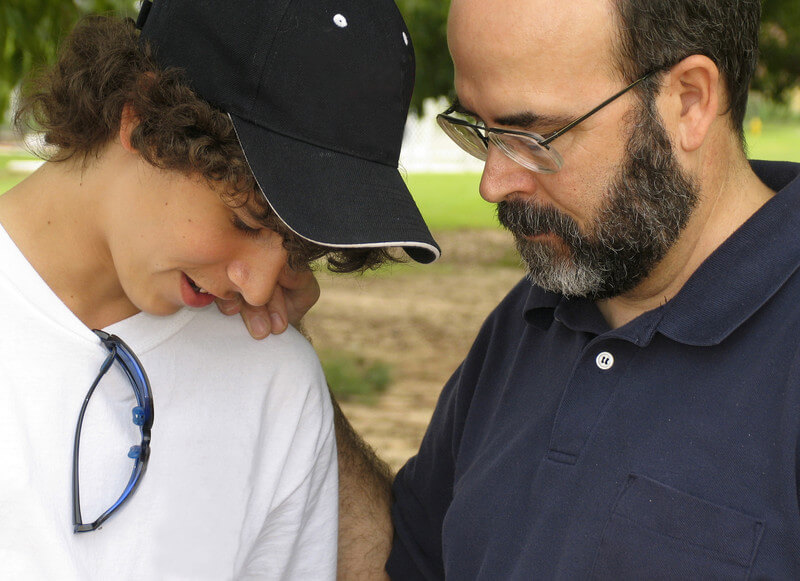Abraham J. Weiss, MA. is a marriage and family therapist on the staff of Family Enhancement LLC, in New York City. In this brief article, he shares a vastly important insight about the true nature of children.
There is a profound difference between the way children and adults express themselves. When adults are troubled, they can utilize the gift of language to express their hurt, pain, and expectations for change. By extension, adults expect that their children will tell them when something is bothering them, and articulate their needs and desires in order to make themselves heard.
Children, however, are a different breed. As parents and teachers, we need to be reminded of something crucial: When a child refuses to talk, he is usually defending himself from overwhelming emotions. Children often don’t know how to let their feelings out and feel protected at the same time. As a consequence, children often shut down and refuse to talk. Similarly, when a child won’t be “controlled” and acts out, it is often because overwhelming feelings rob the child of his speech and deny him the ability to articulate his frustration. Left with no recourse, the child acts out.
When a child is refusing to speak, therefore, the question we should be asking ourselves is not “what can I do to make the kid talk”. Rather, the question is, “What can I do to make the kid feel safe?” Similarly, when a child is acting out, as opposed to being reactive, we need to train ourselves to look past our initial frustration at the aberrant behavior and try to understand what the child is trying to convey and then give him the language to articulate his feelings.


